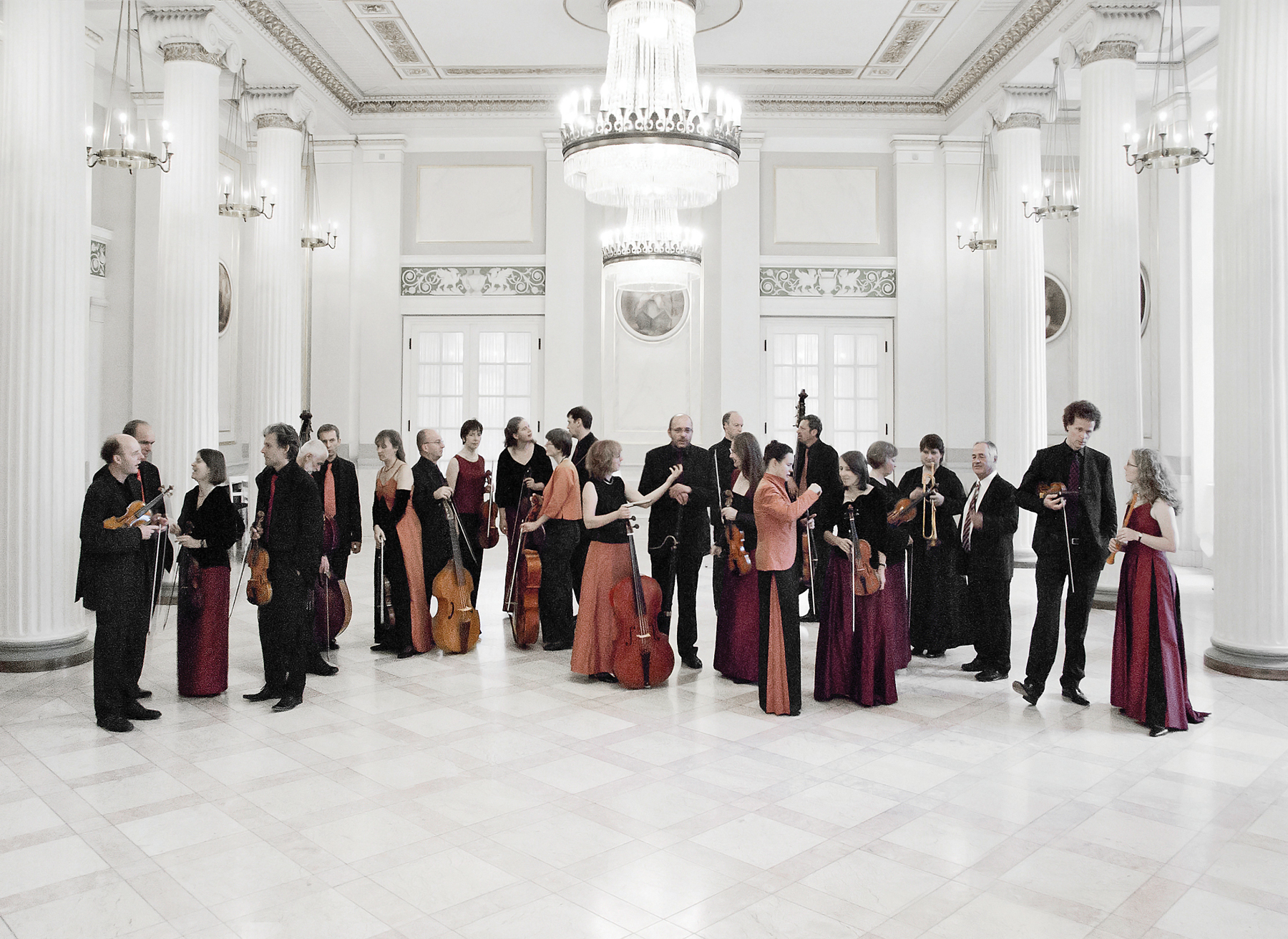
News
Summers Will Not Finish Semester of Teaching as Harvard Investigates Epstein Ties

News
Harvard College Students Report Favoring Divestment from Israel in HUA Survey

News
‘He Should Resign’: Harvard Undergrads Take Hard Line Against Summers Over Epstein Scandal

News
Harvard To Launch New Investigation Into Epstein’s Ties to Summers, Other University Affiliates

News
Harvard Students To Vote on Divestment From Israel in Inaugural HUA Election Survey
Akademie’s “Of Frogs and Men” Brings Sound to Life

For the 2016-2017 season of the Boston Early Music Festival (BEMF), the Akademie für Alte Musik Berlin played an energetic show at The New England Conservatory’s Jordan Hall. The program performed on March 24, “Of Frogs and Men,” consisted of Baroque music on the theme of nature. These pieces were played delightfully by fifteen players including violins, violas, oboes, a violoncello, a double bass, a bassoon, a lute, a harpsichord, and a recorder, all the while bringing to life the opulence of this style to the stage.
Berlin’s Akademie für Alte Musik was founded in 1982 and performs internationally. They have also produced many award-winning records. Their selections in Boston consisted of seventeenth- and eighteenth-century pieces that, in taking nature as their subject, reflect the age’s scientific curiosity and sense of discovery.
The first piece, which composer’s “Capriccio Stravagante,” started the evening off well with its beautiful movements and humor. In the piece, different instruments imitate familiar sounds from the natural world. The violinists excelled in their use of techniques such as slides or striking the strings with the wood of the bow. The non-imitative sections of music were less humorous but just as lively and blithe. The part in which two violins imitated a hen and a rooster was the most amusing, with each player bobbing along pompously and adding to the comic effect.
Also notable was Zelenka’s “Hipocondrie à 7 concertanti in A major,” which featured the two oboe players. This work stood out because of the group’s ability to subtly adapt to the different moods within the piece, such as the vibrancy of the “Allegro” or the more grave and grand undertones of the “lentement.” This nimble playing highlighted the piece’s different moments of counterpoint as well as the many points of dissonance that complicate the overall work, which made it more striking and unusual amidst the more harmonic dance selections. The piece transported the audience to a 17th-century court.
The most outstanding part of the performance was the recorder in Vivaldi’s “Il Gardellino,” played by Anna Fusek. Her tone was rich and clear to resemble the songbird after which the piece is named. Fusek played so lightly and effortlessly that her music seemed to flutter around the center of the stage. Her energy was so infectious that even the other players had difficulty keeping their eyes away from her.
The rest of the pieces were just as well-played and cohesive within the scheme of the program. At the end of the program, The Akademie played a wonderful encore of a short Vivaldi opus as well as a dance-folk song that ended the evening on an even greater high as audience members clapped along to the jig-like tune. Beyond the pieces themselves, the enjoyment and excitement of the players were truly contagious.
Want to keep up with breaking news? Subscribe to our email newsletter.
